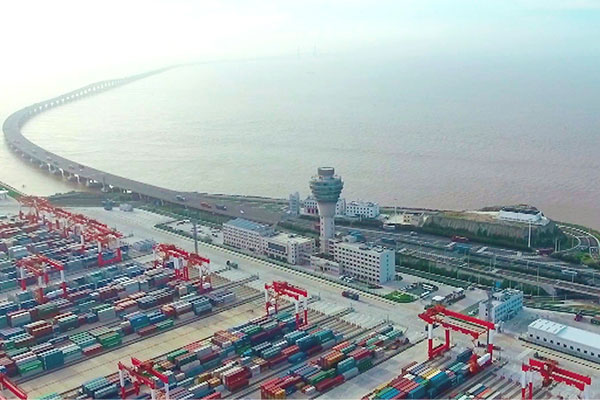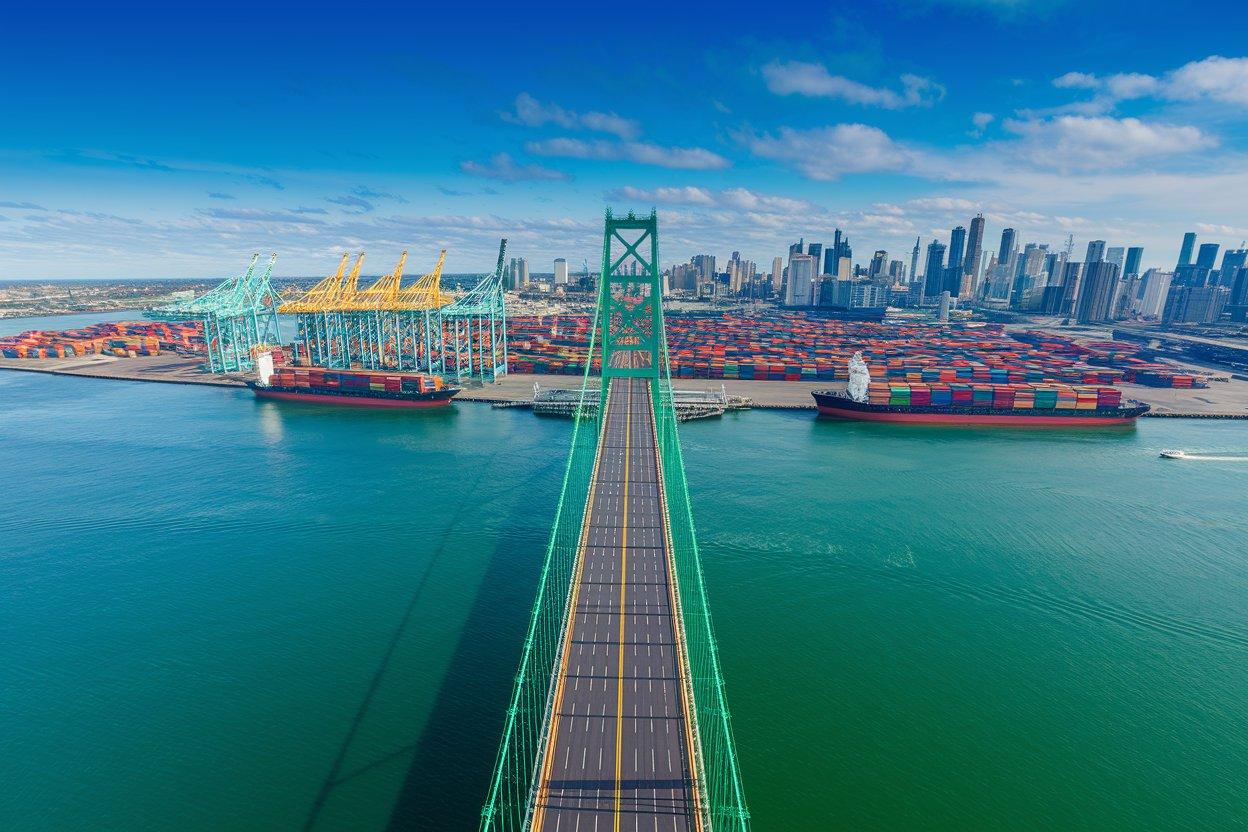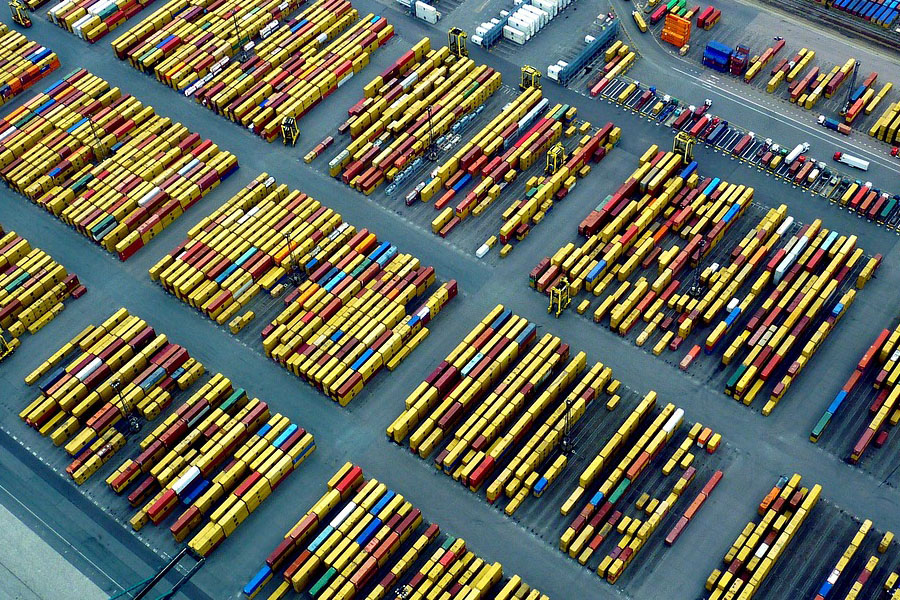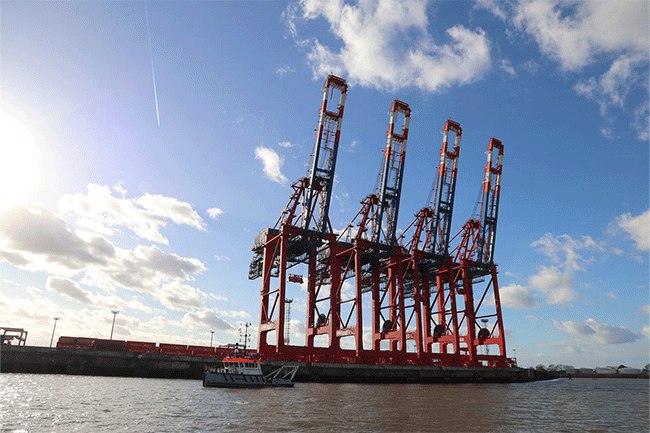- Shanghai ZhongShen International Trade Co., Ltd., with 20 years of experience in foreign trade import and export agency services.

Swiss chocolateImport Agent ServicesCore Value: Professionally Empowering the Entire Trade Chain
Swiss chocolate is renowned worldwide for its exquisite craftsmanship and quality, sustaining strong demand in the Chinese market. Yet imported food involves complex document flows, stringent compliance requirements, and time-critical logistics management—challenges that can overwhelm non-specialist companies. As a company deeply rooted in imExport Agent ServicesWith 20 years as a service provider, we focus on three core competencies—“document processing, logistics services, and trade compliance.” Through standardized workflows and tailored solutions, we help companies avoid risks such as customs clearance delays, document discrepancies, and cost overruns, enabling end-to-end efficiency from “order placement” to “delivery.”
Document processing: the “customs-clearance pass” for imported chocolate, where professional review is the key
Throughout the entire process of importing Swiss chocolate, document handling is the "nerve center" that runs from start to finish, directly affecting customs-clearance efficiency and trade risk. According to China Customs and inspection & quarantine requirements, the core documents include:
- Commercial Invoice: The description of the goods (e.g., cocoa content, packaging specifications), unit price, and total amount must be clearly stated and strictly consistent with the contract terms;
- Packing List: Indicate the gross weight, net weight, and volume of each carton; they must match the “cargo description” on the bill of lading to avoid inspection due to weight discrepancies.
- Certificate of Origin(Certificate of Origin): Under the China-Switzerland Free Trade Agreement, Swiss exporters may apply for the FORM CH certificate of origin, which entitles them to 0 % tariff preferences (HS codes 1806.31–1806.90); particular attention must be paid to verifying the consistency between the issuing authority’s stamp and the goods information;
- Health Certificate: Issued by the Swiss Federal Food Safety and Veterinary Office (FSVO), it must state “in compliance with China’s import food hygiene standards,” and the exporter must be registered in China (listed among the enterprises approved by the General Administration of Customs of China for food exports to China);
- Bill of Lading:?Ocean shipping?Choose the Master Bill of Lading (MBL) issued by the carrier instead of the House Bill of Lading (HBL) issued by the freight forwarder to ensure clear title to the goods;?Air freight?It is necessary to verify that the flight information on the air waybill (AWB) matches the actual transportation.
Our professional team will step in at three stages of document management:Preliminary pre-audit(Review the documentary terms at the time of contract signing to avoid the risk of "unable to provide"),Mid-term order follow-up(Work backward from the vessel/flight schedule and coordinate with overseas suppliers to ensure timely submission),Post-production review(Compare against the HS Code 1806 supervision condition [A/B] to ensure that the attached “Entry Cargo Clearance Form” corresponds one-to-one with the documents.) Once handled a case in which a client’s shipment was rejected because the certificate of origin did not state the “producer information”; by urgently contacting the Swiss Chamber of Commerce for a correction, the documents were amended within only two working days, averting demurrage charges.
Logistics Management: Temperature Control and Time–Effectiveness Balance in Multimodal Transport
As a land-locked country, Switzerland exports its chocolate mainly via two channels: “Swiss land transport + European port sea freight” or “Zurich/Geneva air freight.” We dynamically select the optimal solution according to customer needs:
- Ocean shipping solution(Suitable for large-volume, non-urgent orders): Usually shipped via the Port of Rotterdam/Hamburg in 40-ft reefer containers, temperature set at 18–22 °C (optimal storage temperature for chocolate), with full-journey GPS + temperature-sensor monitoring. Note: the carrier must hold food-transport certification, and the container must be pre-cooled in advance with a cleanliness certificate provided.
- Air Freight Solution(Suitable for small-batch, high-urgency needs): Choose SWISS or Lufthansa all-cargo or belly-hold service; customs clearance is completed within 24 h after airport arrival, avoiding temperature swings in storage. Pay special attention to marking “Perishable Cargo” in the “Handling Information” box of the air waybill to ensure priority loading and unloading.
In logistics risk control, we take out “All-Risk Refrigerated Cargo Insurance” for our clients, covering melting losses caused by compressor failure or transport delays. At the same time, we maintain long-term partnerships with tier-one freight forwarders such as DHL and Sinotrans to secure priority booking rights; during the 2023 peak season, we helped one customer cut the ocean-freight booking cycle from 7 days to 3 days, ensuring market supply before the Mid-Autumn Festival.
International Trade Landscape and Compliance Essentials: Risk Mitigation Amid Policy Shifts
At present, Swiss chocolate imports face three major policy environments:
- Deepening of the China-Switzerland Free Trade Agreement: After the implementation of the 2023 upgraded agreement, the chocolate tariff remains at 0%, but the rules of origin are stricter (regional value content must be ≥40%); attention must be paid to reviewing suppliers’ proof of raw-material procurement.
- Impact of the EU-Switzerland Trade Framework: Although Switzerland is not an EU member state, 90% of its trade with Europe follows EU rules; chocolate exported to China must comply with the EU regulation on food-contact materials (EC 1935/2004), and the packaging materials must be accompanied by a declaration of compliance;
- New Regulations on Imported Food in China: Starting in 2024, imported pre-packaged foods must have their Chinese labels affixed at the time of entry (no post-entry supplementation allowed). The label must include 11 items such as “country of origin, name and address of the domestic agent, ingredient list (including cocoa butter content),” etc. We will provide the label template in advance for customer review, but the actual printing and affixing of the label must be carried out by the customer or a third party.
Regarding certification reminders: imported chocolate must comply with the “Registration of Overseas Food Production Enterprises Exporting to China” (filed with the General Administration of Customs of China, GACC). Additional certifications such as “Halal” or “Organic (Bio Suisse)” may also apply, but these must be applied for by the customer directly with Swiss certification bodies (e.g., SGS, IMO). We can provide a checklist of certification requirements and procedural guidance; we do not handle the applications on your behalf.
Expansion of business with Russia: VTB?Foreign exchange settlement?Leveraging Strengths to Crack the Cross-Border Payment Puzzle
For scenarios in which certain customers re-export through Russia or cooperate with Russian companies, we rely on our presence in Russiaforeign tradeLong-term partnership with VTB Bank to offer direct ruble-renminbi settlement services, delivering clear advantages:
- Mitigating SWIFT Sanction Risks: By leveraging VTB’s “RMB Clearing Bank” status, bypass the USD settlement route and guarantee payment timeliness (T+2 arrival).
- Exchange Rate Cost Optimization: By combining spot settlement with hedging tools, we help clients lock in exchange rates, saving an average of 1.5% in FX costs in 2023;
- Document Matching Compliance: Strictly verify the “three-document consistency” among the customs declaration, contract, and invoice required by the “Guidelines for Foreign Exchange Administration in Goods Trade,” ensuring no alerts in the SAFE monitoring system.
Frequently Asked Customer Questions and Response Strategies
-
Q: What should I do if my shipment is selected for customs inspection during clearance?
A: Prepare in advance the supporting documents—"Ingredient Test Report (CMA/CNAS accredited)", "Transport Temperature Log", "Label Sample", etc.—and our customs team will accompany the inspection on site, explaining product characteristics (e.g., cocoa content ≥35% falls under HS 1806), cutting the average inspection turnaround to one working day. -
Q: How do I file a claim for melted chocolate caused by shipping delays?
A: When taking out the policy, explicitly specify “Temperature-Control Failure Insurance,” and retain complete temperature records for the entire shipment (provided by the container or air ULD). We will assist the client in submitting the claim documents to the insurer; in 2022 we successfully handled two such cases, with a payout ratio of 90 %. -
Q: The certification process takes too long, affecting the import timeline?
A: We will provide a “certification-priority roadmap” (e.g., complete the China-bound enterprise registration first, then proceed with HALAL certification) and help connect you with Swiss local certification bodies, cutting the time spent on document translation, notarization, and other steps by an average of 15 working days.
Conclusion
Importing Swiss chocolate is “a dual test of quality and professionalism.” Grounded in documentation, powered by logistics, and shielded by compliance, we minimize trade risks while helping companies seize market opportunities. Whether you are a first-time importer or an established client expanding your product line, choosing a professional agent means choosing a more efficient trade pathway.
Recommended for You
- 德國(guó)餅干進(jìn)口全流程代理指南:專(zhuān)業(yè)單證與物流護(hù)航的實(shí)戰(zhàn)解決方案
- Importing Dutch Coffee: A Solution for Document Compliance & Logistics Optimization | Professional Import Agent
- A Step-by-Step Breakdown of Argentina Coffee Import Agency: Steer Clear of These Five Critical Risk Points
- A Complete Guide to Dutch Cake Import Agency: Professional Best Practices for Document Compliance and Logistics Efficiency
- A Step-by-Step Guide to Customs Clearance for Imported Australian Red Wine: How Foreign-Trade Agents Ensure Compliance and Efficiency
? 2025. All Rights Reserved.










